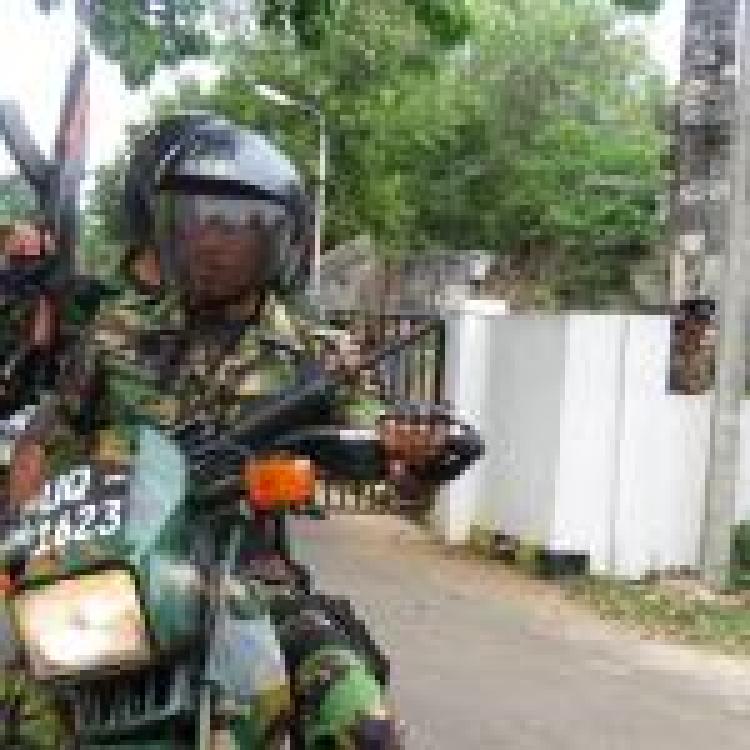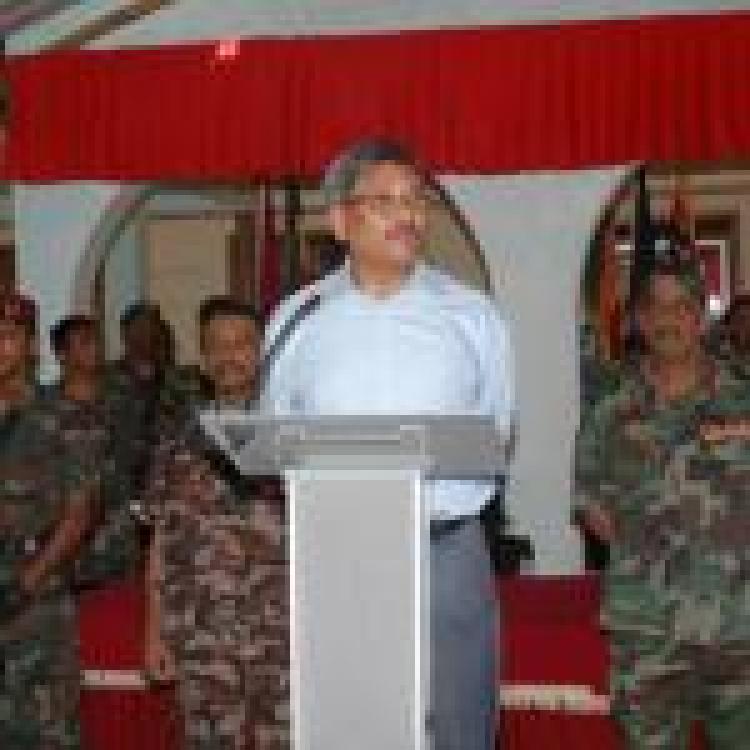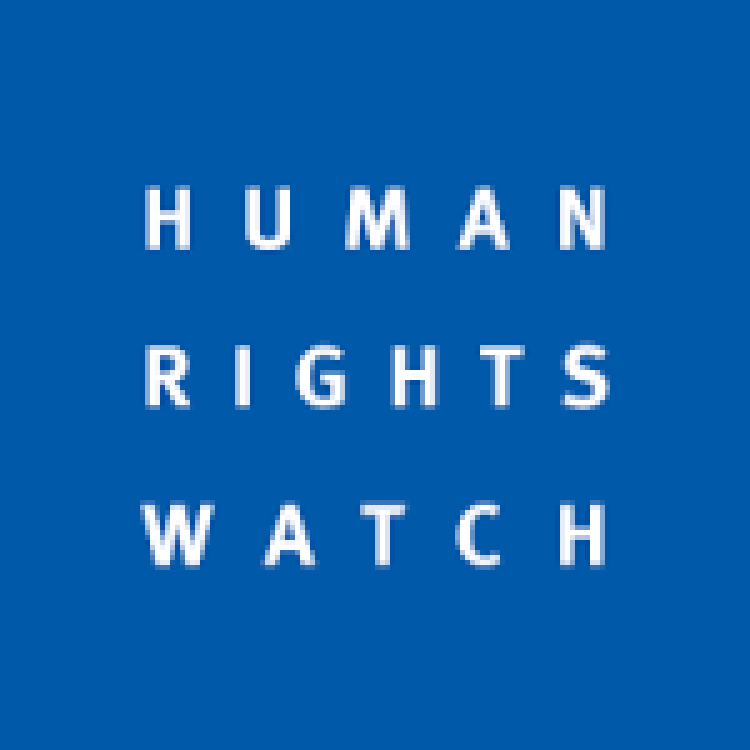![]()
The International Crisis Group (ICG) has listed Sri Lanka as one of the ten countries on it’s “early-warning Watch List” given the appointment of accused war criminals Gotabaya and Mahinda Rajapaksa to the Prime Minister and Presidential position.
In their report, they urge members of the European Union to reconsider the favourable trading relationship offered to Sri Lanka through the GSP+ which will be coming to review; as well as, calling on members of the UN Human Rights Council (UNHRC) to reiterate their commitment to UN resolution 30/1. They have also called for a funding review of the UN-administered Counter-Terrorism and Prevention of Violent Extremism programs and a full review of Sri Lanka’s participation in the UN-administered Priority Peacebuilding Plan.
Neutralizing minority voices
The ICG’s report highlights the government’s attempt to weaken both Tamil and Muslim voices to a historic low.
In their report, they detail that Rajapaksa’s 54 minister cabinet has only two Tamils and for the first time since Sri Lanka’s independence in 1948, no Muslim ministers at all.
The ICG further stated that Rajapaksa administration has repeatedly opposed devolution of power to the provinces including the current framework. This has been described by the ICCG as an attempt at “neutralising a mechanism intended to give ethnic minorities greater self-governance”. This has been accompanied by deliberate “state-supported population transfer” which aims to shift the demographics of the Tamil homeland, which Gotabaya has described as “unnatural”. Gotabaya Rajapaksa has also repeatedly refused calls for federalism and devolution.
Read more here: 'We will hang him!’ - A glimpse of Gotabaya
Weakening ethnic parties
The Rajapaksa administration has also proposed a constitutional amendment which would severely weaken the voices of religious and ethnic-based parties.
The proposed bill would raise the threshold of votes political parties would need to secure from 5 to 12 per cent. This would effectively silence Muslim political parties as well as significantly weaken other parties who will be unlikely to meet this threshold.
The proposed measure requires a two-thirds majority in parliament for it to be able to pass through.
Read more here: ACMC warns of 'dangerous outcomes for Sri Lanka’s ethnic harmony'
Muslims at risk
The ICG notes that since the horrific Easter Sunday bombings which killed over 260 people, Muslims have faced significant reprisals from "Radical Buddhist militants who back – and have in past had the backing of – Gotabaya Rajapaksa".
Muslim communities in Sri Lanka have been increasingly subject to discriminatory laws and boycotts. The face veil was even briefly banned. Islamaphobic violence has risen and there have been no prosecutions of the Sinhala suspects enacting this violence.
The ICG further notes that hundreds have been unjustly imprisoned under the Prevention of Terrorism Act with several credible accounts of torture and extortion.
Read more here: ‘Tamils and Muslims in fear at return of Rajapaksa regime’
Accountability
Issues of accountability also plague Sri Lanka as the Rajapaksa administration has openly rolled back several police investigations into high-profile political killings and disappearances during their reign.
These include serious accusations of war crimes and crimes against humanity during Gotabaya Rajapaksa's reign as defence secretary in the final phase of the war.
The most prominent case is that of the investigator, Nishantha Silva, who fled Sri Lanka post-election. He was tasked within investigating several crimes Gotabaya Rajapaksa was implicated in. Supporters of the president have alleged that investigations are politically driven and often described those involved in said investigations as participating in a "witch hunt".
Read more here: Top organised crime investigator flees Sri Lanka
The rollback on commitments to accountability has been clear since the Rajapaksas have spent several years openly rejecting the 2015 UN resolution 30/1 which had committed Sri Lanka to a process of reconciliation and accountability. They claim that such a commitment jeopardies Sri Lanka's and puts Sri Lanka's "war heroes", who have been credibly accused of war crimes, at risk.
The government, according to the ICG, has reverted back to "the hardline positions of 2009-10" with blanket denials of any wrongdoing by the military and police.
The role of the EU
Their report calls upon the EU to step in to ensure that Sri Lanka does not revert back to a "Sinhala Buddhist majoritarianism", noting that "Sinhala and Buddhist nationalism has deep roots" within the nation's history.
They maintain that the GSP+ plan had given the Sri Lankan economy "a significant boost" was it was reinstated in 2016 but was predicated on the promise of holding up Sri Lanka's human rights commitments. In particular, repealing the Prevention of Terrorism Act (PTA) which was seen by the international community as a violation of human rights as it permitted arbitrary detention on speculative grounds. The PTA has long been associated with acts of torture, sexual violence and even disappearances.
In January the government reversed the pledge to repeal the PTA.
Read the ICG's report here.



